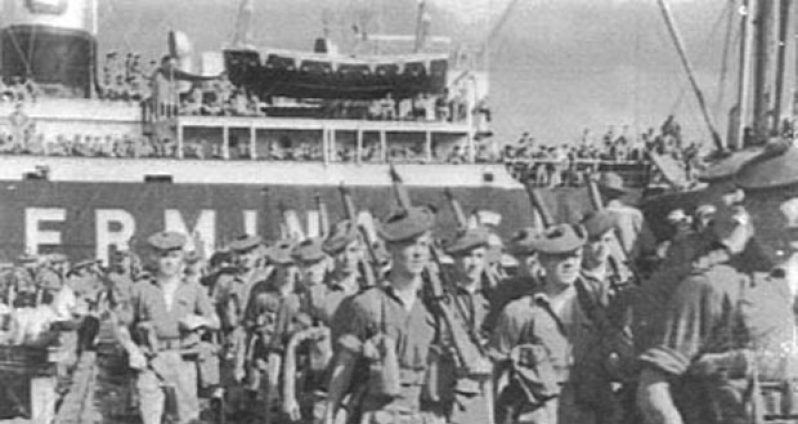THE first general elections under universal suffrage in the then British Guiana came in 1953, and resulted in a victory for the People’s Progressive Party (PPP).
Founder and leader of the PPP, Dr Cheddi Jagan, became Prime Minister. However, after assuming power, Jagan embarked on implementing a series of policies that involved radical social reform, mainly directed at the colonial oligarchy.
The British colonial authorities sent in troops in response to the alleged threat of a Marxist revolution. Governor Alfred Savage suspended the constitution in October, a mere 133 days after the new administration had been voted into office, and set up a transitional government of conservative politicians, businessmen and civil servants.



.jpg)








